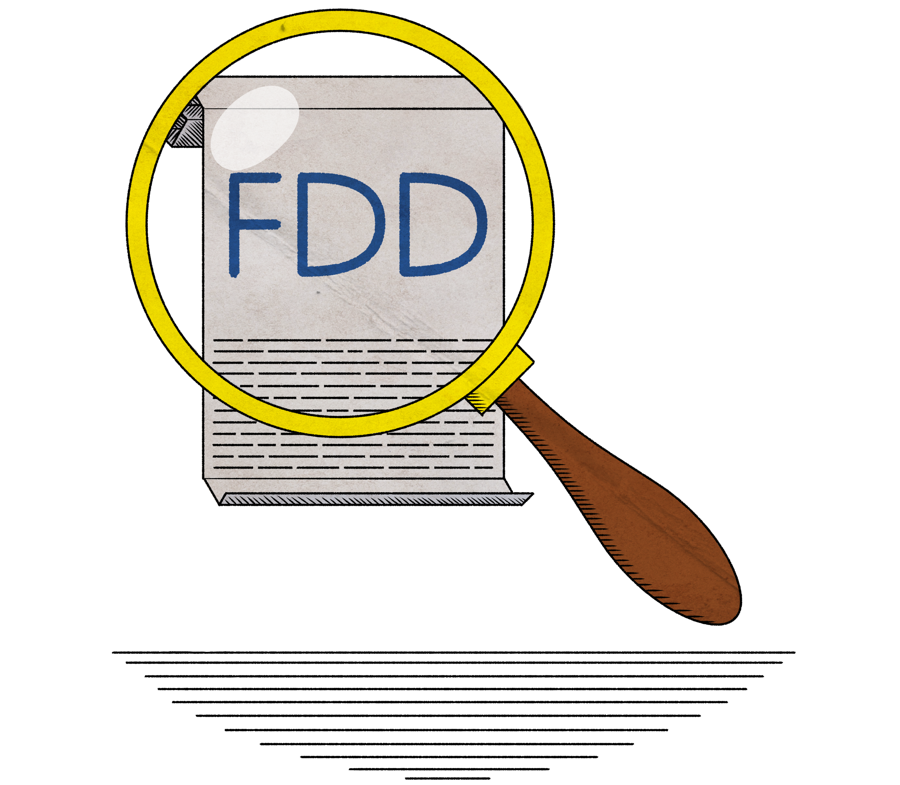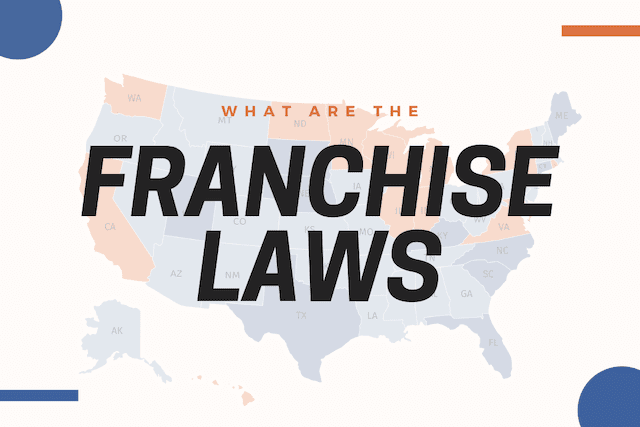Franchise law, a nuanced field bridging entrepreneurship and legal regulations, often represents a labyrinth of terms and concepts that can bewilder even the most seasoned business professionals. Among the myriad of terms, three stand out as fundamental to understanding the intricate dynamics of franchising: ranchise agreement, disclosure document, and rademark.
Each of these legal elements plays a pivotal role in defining the relationship between franchisors and franchisees, setting the stage for success—or potential conflict. As we delve into each of these critical terms, we’ll uncover their significance, implications, and the ways they shape the franchise landscape, ensuring that both parties enter into their business relationship well-informed and equipped for the journey ahead.
Franchise Agreement

A Franchise Agreement serves as the backbone of the franchising relationship, encapsulating the expectations and obligations of both the franchisor and franchisee. This legally binding document outlines critical elements such as the use of trademarks, the payment of royalties, and the specifics of the franchise operations.
It details the rights to operate under a recognized brand, yet it carries stringent clauses that dictate how those rights can be exercised. For instance, while a franchisee can benefit from established marketing strategies and training programs, they must also adhere to strict operational guidelines that ensure brand consistency across locations.
The intricacies of the agreement can lead to significant implications; thus, a thorough understanding and careful negotiation of its terms are essential for both parties to forge a successful, harmonious business relationship.
Disclosure Document

The Disclosure Document, often referred to as the Franchise Disclosure Document (FDD), is a pivotal component in the landscape of franchise law. This government-mandated document provides prospective franchisees with a thorough outline of the franchise system, revealing critical information about the franchisors business, financial performance, and existing franchisee relationships.
It encompasses various elements, from the franchises history and legal obligations to the costs involved and potential risks. Importantly, the FDD is not merely a formality; it serves as a protective shield for franchisees, ensuring that they make informed decisions before committing to a franchise agreement.
By dissecting complexities ranging from initial investment estimates to contingency clauses, the Disclosure Document empowers potential investors, fostering transparency and trust between franchisees and franchisors alike. In a world rife with entrepreneurship pitfalls, the FDD stands as a beacon of clarity, guiding the way to successful franchise ventures.
Territorial Rights

Territorial rights in franchise law are crucial for defining the boundaries within which a franchisee operates. These rights essentially grant a franchisee exclusive access to a specific geographical area, protecting them from competition with other franchisees of the same brand in that territory.
This exclusivity fosters a sense of ownership and can significantly influence a franchisees profitability. However, the intricacies of territorial rights can be complex, often involving negotiations and legal stipulations that vary between franchises.
Moreover, the balance of power can shift as franchisors may also reserve the right to expand or alter territories, creating a dynamic landscape of rights and responsibilities. Therefore, understanding territorial rights is not just a matter of legal compliance; its a pivotal factor that can shape a franchisee’s success and strategic planning.
Conclusion
In conclusion, understanding key legal terms is crucial for both franchisors and franchisees to navigate the complexities of franchise law effectively. Terms such as franchise agreement, disclosure document, and rademark hold significant weight in ensuring compliance and protecting the rights of all parties involved.
By familiarizing themselves with these essentials, stakeholders can foster stronger relationships and make informed decisions that contribute to the successful growth and operation of their franchises. Being well-versed in these legal concepts not only enhances business acumen but also minimizes potential disputes, paving the way for a thriving franchise experience.


